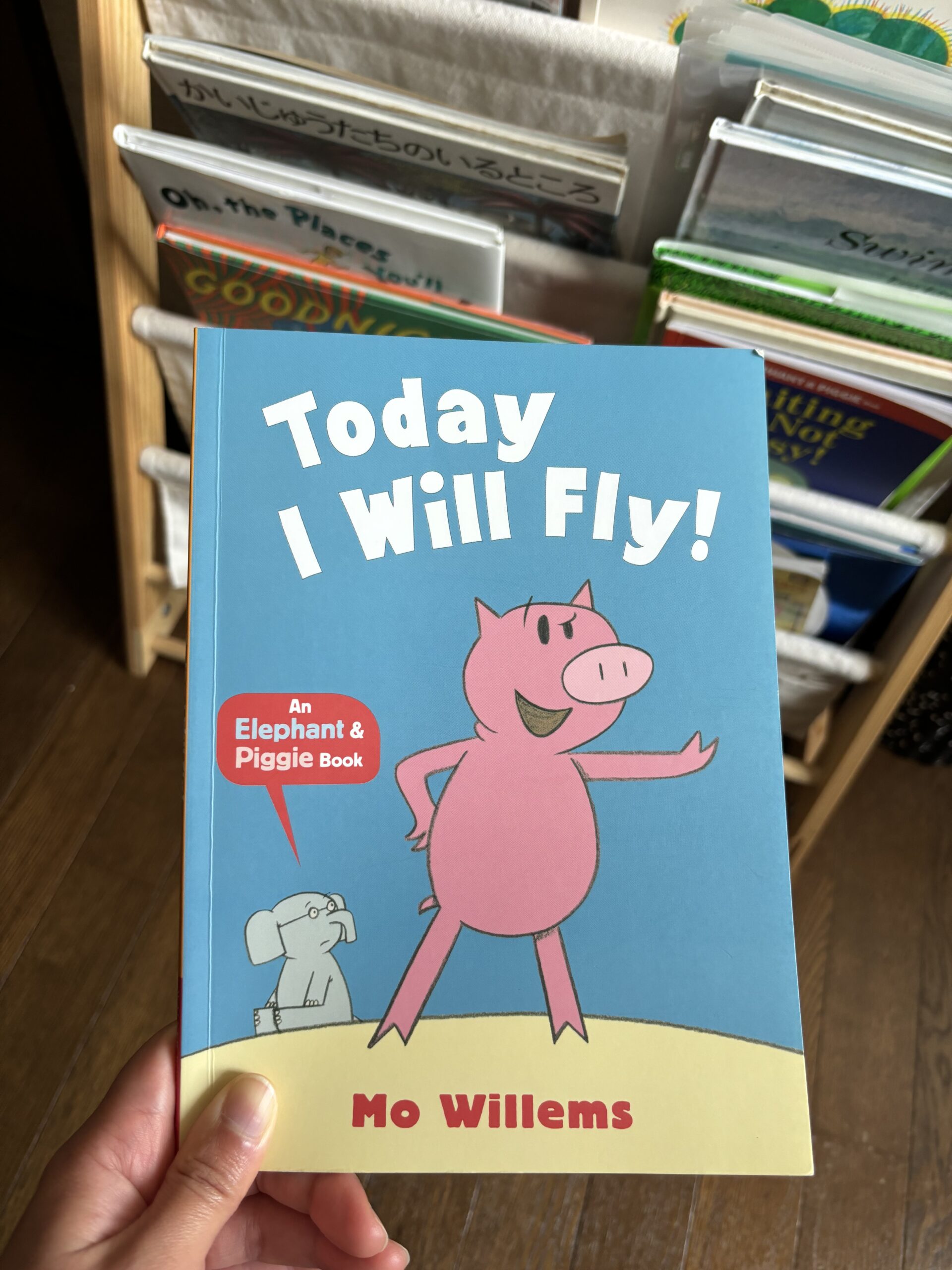Hello!
Sorry to bring memories back but… Do you remember that huge suprise that parents had to all of a sudden homeschool their kids during the pandemic? This made me realize that parents must have at least minimal training on how teach their children at the comforts of their home.
Today, I would like to start writing a series of literature-based lesson plans for teaching reading which can be used for homeschooling kids. (So that we are ready for the next pandemic.*knocks on wood)
I learned this from graduate school back in 2012… I couldn’t get over this idea of influencing a child to develop this thing called love of reading. Out of fear that the things I have learned may suddenly disappear from my core memory, I have decided that I’m going to document my literature-based instruction lesson plans here from today.
But before we move to the nitty-gritty, let’s first discuss why love-of-reading is important? Well, for starters, not all school teachers are capable of transmitting this skill. Some even are not capable of teaching at all. Yes, I have seen them. And it’s such a nightmare!
Another reason why this is important is because learning how to love reading and learning is crucial to a child’s success. If a child becomes this person who has this agency to look for a resource material of his own interest on his own, whether it be about science, robots, business, animals, influenza, quantum physics, anything under the sun, then in the long run, institutions such as universities which causes a lot of financial burden among families would simply be secondary.
Lastly, parents may have not been told nor empowered with the fact that they can be in-charge of their child’s education. And that they can’t always outsource their child’s education. There are a lot of studies supporting this which could be discussed fully on a separate article. (Plus, you don’t want your precious ones to be in close contact with those scary teachers who don’t know how to teach who may just be there for the paycheck and not for the welfare of your child, right? *sighs)
I hope that my homeschooling series will empower more parents to take a step forward in homeschooling their kids.
Just a caveat. This is not a suggestion that you quit your job and pull out your child from school. Homeschooling can be done on a Sunday morning or on a Friday night. Your choice.
So let’s get started.
Today, I would like to use Mo Willems’ book “Today, I Will Fly!”. You may borrow this book from a nearby library or buy it online.
The lesson plan is divided into three major parts; pre-reading, reading, and post-reading.
I. PRE-READING
The idea is to help the child to gradually become ready to read, and to read with intention. Pre-reading activities involve learning sounds, words, expressions, answering a simple question based on a child’s experience and answering a tricky question that makes a child wonder how the story will unfold. (Hence, looking forward to finishing reading the book.) Here, you are not just helping the child learn how to read but to create a connection with the characters. Psychology experts recommend reading story books to help develop a child’s empathy or his/her overall emotional intelligence.
I. A. Phonics
(y) fly, try, goodbye
(e) hello, help, next, get
I. B. Unlocking Words
- today
- tomorrow
- next week
- never
- fly-flying-flew
- jump-jumping-jumped
- need
- help
I. C. Unlocking Expressions
- “I do need help.”
- “Will you help me?”
- “Thank you for your help.”
I. D. Experiential Question(s)
“What will you do today? Do you think you need help with that?”
I. E. Motivational Question(s)
“Do you think the character named Piggie will fly? Why do you think so?”
II. READING
(Read Aloud)
This is supposed to be the fun part. Animation, voice-shifting, all those creative reading skills that you may have must be unleashed. LOL
III. POST-READING
No learning is effective with the absence of reflection. In this after reading part, the child will write… but this is not just a simple training on how to write mechanically but to write in order to go deep with his thoughts through reflection.
III. A. Review Answers to Motivational Q(s)
Conclusion: Piggie was able to fly with the help of a stranger.
III. B. Guided Writing
- Today, I will ____________.
- Tomorrow, I will __________.
- Next week, I will _________.
- ________________, I will ____________. But I think I do need help with _____________.
III. C. Independent Writing
~Asian Santa
June 6, 2024



コメント